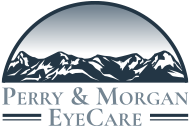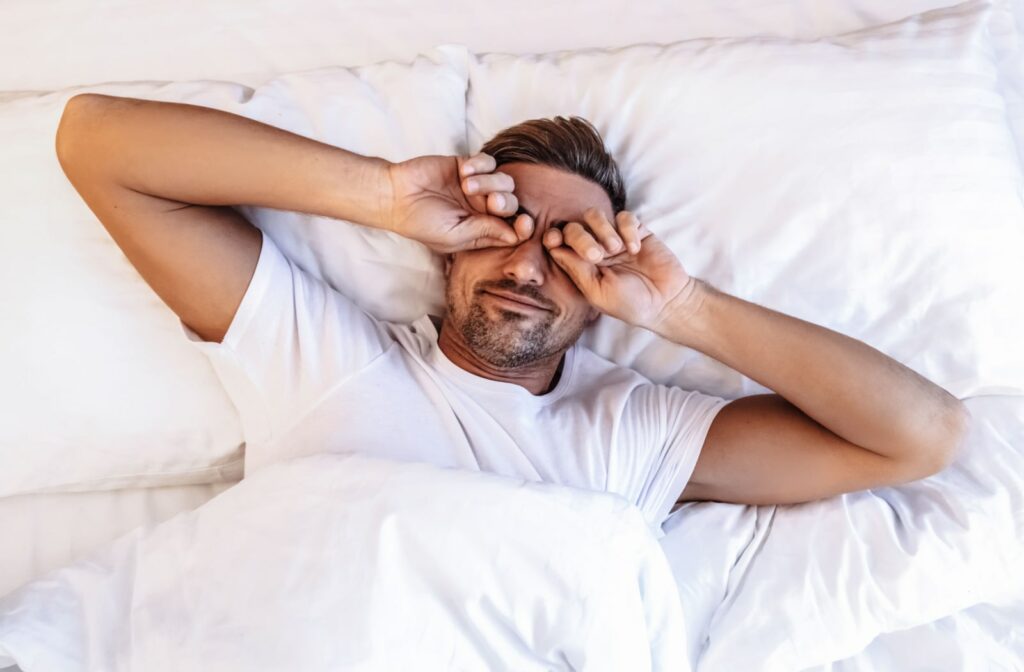Few things are more annoying than waking up with parched, scratchy eyes. Not only can this unpleasant sensation make it difficult for you to open your lids, but it can cause redness, irritation, or blurred vision throughout the day.
But why do your eyes feel so dry when you wake up? It could be due to allergens, eye fatigue, poor eye hygiene, eyelids not closing completely while asleep or a general medical condition affecting your tears. While there are many reasons why you might be experiencing this uncomfortable condition, your optometrist also has many options to help remedy it.
What Is Dry Eye?
Dry eye is a common condition normally caused by a lack of tears or tears of a low quality. Normally, tears are nothing to worry about. You spread a tear film across your eyes automatically every time you blink. This tear film nourishes and protects your cornea, the front of the eye, from harmful debris such as dirt and dust.
There are 2 types of dry eye disease:
- Evaporative dry eye occurs when your tears evaporate too fast. More than 85% of all dry eye cases are due to evaporative dry eye.
- Aqueous deficiency dry eye occurs when you don’t produce tears to keep your eyes hydrated.
Whatever kind of dry eye you’re dealing with, the pain and gritty feeling is undeniable. Some factors that can increase your risk of developing dry eyes include:
- Age
- Sex
- Medications, such as antihistamines, blood pressure medications, and antidepressants
- Medical conditions such as Sjogren’s syndrome, rheumatoid arthritis, and lupus
- Wind, smoke, dry air, or allergens triggering eye allergies
- Excessive screen use
- Overwearing contact lenses
- Eye cosmetics
Dry Eyes in the Morning
While many of the factors we mentioned can cause dry eyes throughout the day, you may have multiple reasons why your eyes are drier at night and when you’re waking up. Your optometrist can examine your eyes, evaluate your symptoms and help you figure out the root cause. Once we know that, we can start working toward relief!
A Dry Bedroom
One of the most common causes of dry eyes in the morning is a lack of humidity in your bedroom. When the air in your room is too dry, it can suck the moisture out of your eyes as you sleep. Additionally, if you use a fan or air conditioning at night, it may worsen this dryness. Some people’s eyes don’t close completely while they sleep (lagophthalmos), so a dry environment may hit them extra hard.
To combat this, try using a humidifier in your bedroom, especially during the drier months.
Nighttime Allergens
Allergens are substances that are normally harmless. Many people get exposed to them and don’t even bat an eye. However, if you’re allergic to that substance, it can cause your immune system to overreact. Your body is essentially fighting something it doesn’t have to, and you’re unfortunately the one who’s paying the price.
Eye allergies can lead to dry eyes, and can worsen at night if your pillow or bedding becomes a home for allergens. Pollen, down in pillows, dust mites, and pet dander are all common allergens that can be trapped in soft surfaces such as bedding.
Poor Eye Hygiene
If you’re not properly cleaning your eyes before bed, dirt and bacteria can accumulate in your lashes and eyelids, leading to inflammation, dryness, or an infection called blepharitis. Make sure to gently wash your eyes with a mild, tear-free cleanser before bed, and avoid rubbing your eyes with your hands or dirty towels.
Treatments for Dry Eye Disease
Dry eye disease can be a frustrating and uncomfortable condition, but an optometrist has many treatments available to manage it effectively. You may be able to manage milder symptoms with artificial tears, eye drops that rehydrate your eyes. But, severe symptoms require addressing the source.
Meibomian gland dysfunction (MGD) is the most common cause of dry eye disease. Meibomian glands are small oil glands that are located along the edge of the eyelids. The oil they produce helps stop your tears from evaporating too fast. The longer your tears hang around, the better they can keep your eyes feeling refreshed.
When these glands become inflamed or blocked, your tears may evaporate long before they get the job done. This is called MGD or sometimes called “evaporative dry eye”, and it can leave you scrambling for relief. That’s where your optometrist comes in—with dry eye therapy to bring comfort back to your vision.
Intense Pulsed Light (IPL) Therapy
IPL therapy, or intense pulsed light therapy, is a non-invasive, non-surgical treatment for dry eyes that uses broad-spectrum light. These light pulses can reduce inflammation and melt away blockages causing dry eyes.
The procedure is relatively quick and typically requires 3–5 sessions to achieve the maximum effect. You typically experience little to no discomfort after the production and can return to your daily activities.
Overall, the benefits of IPL treatment can be significant and long-lasting. Not only can it relieve the symptoms associated with dry eyes, but it can also address the root cause of the problem by improving the function of your meibomian glands. Optilight is an effective, FDA-approved IPL treatment available at Perry & Morgan EyeCare.
Thermal Meibomian Gland Expression
When we’re talking about melting the protein blockages in your meibomian glands, why not add a bit of gentle heat? A heat-based treatment, such as Lipiflow, uses warmth and massage to unblock the meibomian glands and restore their natural function.
BlephEx Eyelid Debridement
Some bacteria and debris are too stubborn to clean with standard eyelid hygiene practices. BlephEx uses a small, handheld device to remove the biofilm that has slowly accumulated around your eyes. This biofilm is made from the proteins in our tears and skin but can contribute to dry eye disease over time.
Just like how a toothbrush removes plaque so your teeth can feel refreshed and healthy, eyelid debridement does the same for your eye.
Effective Relief for Dry Eyes
You have enough to do in the morning, dealing with dry eyes shouldn’t be one of them. We want to help you wake up refreshed! Love your mornings again—book an eye exam at Perry & Morgan EyeCare so we can examine your symptoms and customize a treatment plan for you!



